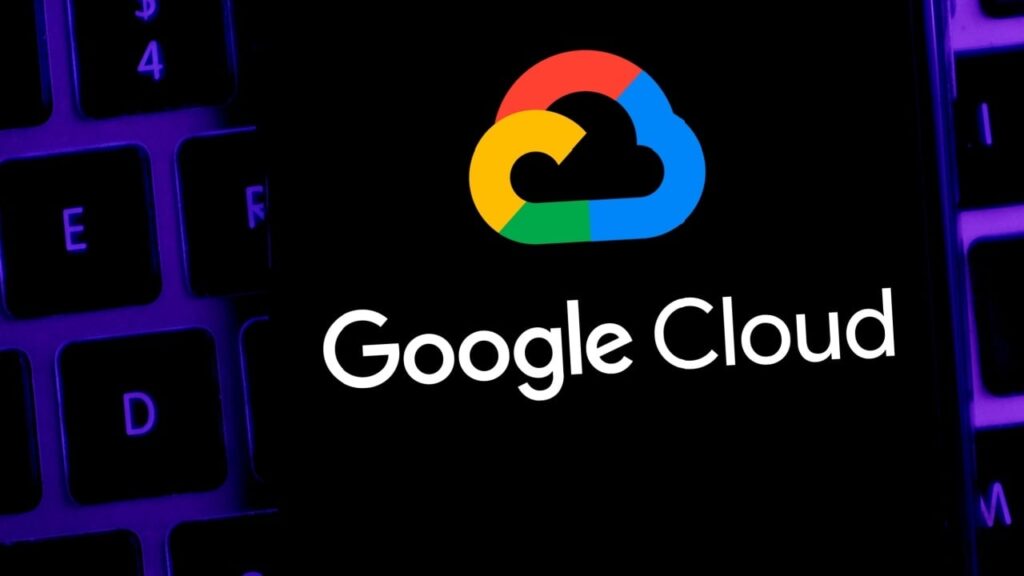Google Cloud’s Universal Ledger: Revolutionizing Financial Infrastructure
In 2024, stablecoins emerged as a significant force in the financial landscape, processing a remarkable $30 trillion in transactions. The sustained growth of stablecoins demonstrated their functionality and effectiveness in modern economies. Recognizing this trend, Google Cloud has introduced the Universal Ledger (GCUL), a groundbreaking platform aimed at enhancing payment systems and digital asset settlement. This innovative solution is designed to cater to the needs of banks and financial institutions, providing a regulatory-compliant, flexible framework for managing digital assets.
The Rise of Stablecoins
Stablecoins are digital currencies designed to minimize the volatility typically associated with cryptocurrencies like Bitcoin or Ethereum. They are pegged to stable assets, such as fiat currencies, making them ideal for transactions, remittances, and asset storage. In 2024, their usage skyrocketed, with businesses and consumers alike recognizing their advantages, such as improved transaction speeds and reduced costs. This surge laid the groundwork for Google Cloud’s decision to develop the Universal Ledger, aiming to streamline financial transactions and capitalize on stablecoin adoption.
Introducing the Universal Ledger (GCUL)
Google Cloud’s Universal Ledger offers a sophisticated, programmable platform that enables seamless integration of stablecoins into existing financial infrastructures. GCUL is set to transform how banks and financial institutions manage digital assets by providing an easy-to-use, compliance-ready solution. The Universal Ledger provides flexibility for developers, allowing institutions to tailor solutions that fit their specific operational needs while maintaining adherence to regulatory standards.
Key Features of GCUL
One of the standout features of the Universal Ledger is its programmability, which empowers organizations to create bespoke digital asset solutions. Additionally, GCUL supports multi-chain functionality, enabling interoperability between various blockchain networks. This capability allows financial institutions to manage assets and conduct transactions across different ecosystems, boosting efficiency in operations. Enhanced security features, such as tokenized identities and cryptographic protocols, further ensure that the platform remains resilient against potential threats.
Compliance and Security Considerations
In the payout to stablecoin growth, regulatory compliance remains a critical concern for financial institutions. Google Cloud’s Universal Ledger was designed with compliance at its core, facilitating adherence to laws and regulations governing digital assets. By partnering with regulatory bodies, GCUL aims to offer evidence of compliance through transparent reporting and audit trails. This commitment to regulatory standards builds trust in the platform, encouraging more institutions to adopt stablecoins for their transactions.
Impact on Financial Institutions
The introduction of GCUL is poised to impact financial institutions significantly by modernizing transaction processes and digital asset management. By reducing transaction times and costs, organizations can leverage the efficiencies offered by stablecoins integrated with GCUL. Furthermore, the platform’s programmability allows institutions to innovate their offerings, potentially leading to new financial products and services that cater to an evolving market. Simply put, GCUL has the potential to redefine how banks manage and utilize digital assets.
Conclusion
In summary, Google Cloud has taken a decisive step toward modernizing financial systems with the introduction of the Universal Ledger. As stablecoins continue to gain traction in the global economy, the GCUL platform provides a dynamic, compliance-focused solution for banks and financial institutions. With its robust features and a commitment to security and regulation, the Universal Ledger is set to reshape the future of digital asset management, ushering in a new era in finance.


